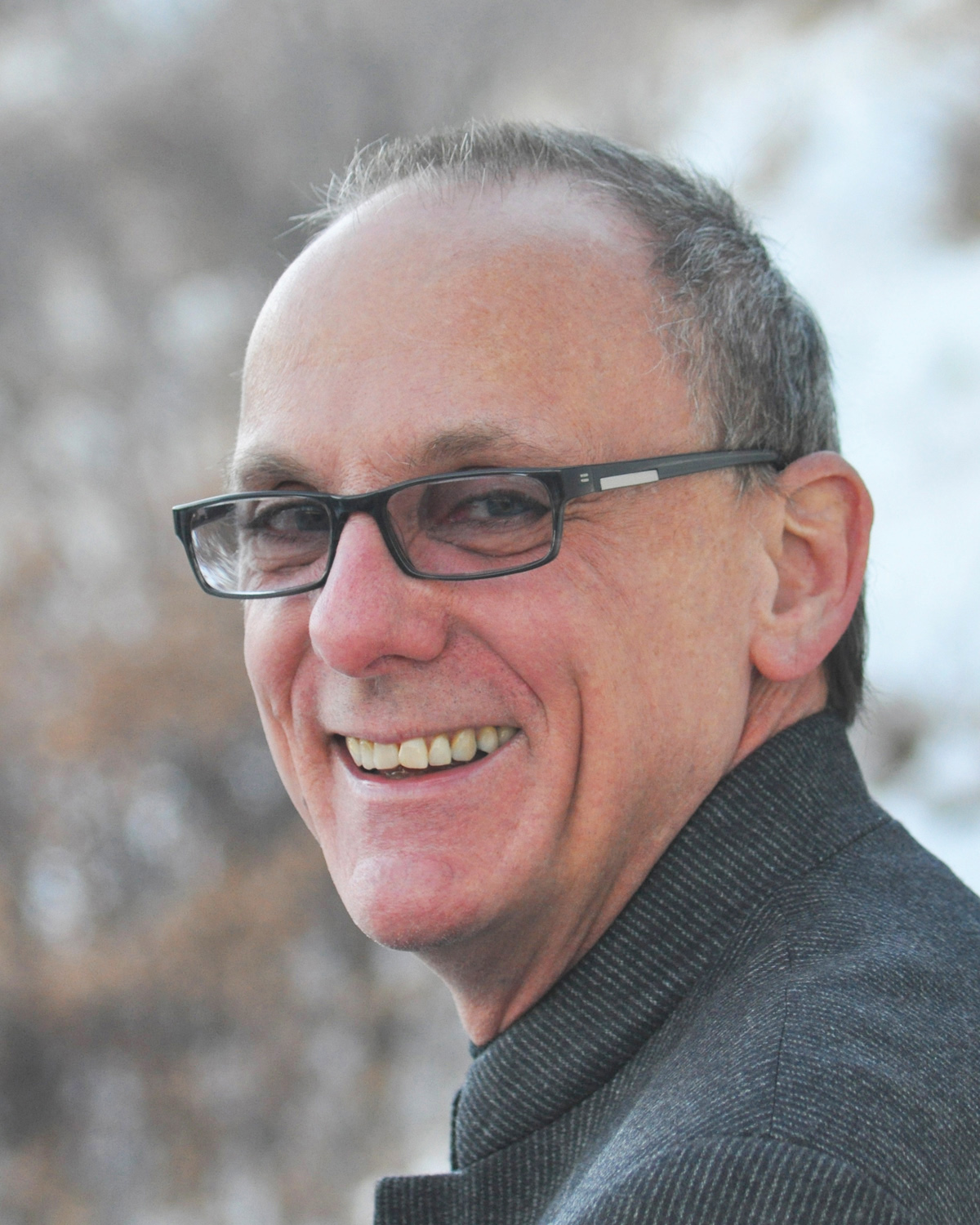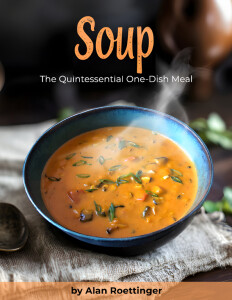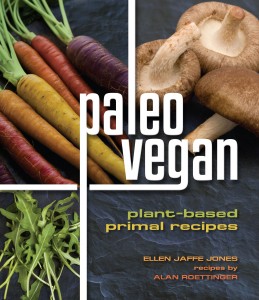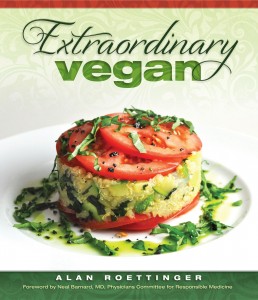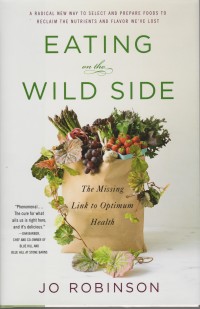| Zucchini blossoms in our garden, opening to the morning sun. |
I’m thoroughly enjoying this plant-based diet I’ve been on for the last couple of years. I’ve extolled the virtues and gone over the benefits a number of times on this blog, in articles, and on the radio. But I have to say that a large part of the reason I’m enjoying it is that I don’t see this as an end in itself. I haven’t “arrived” diet- and health-wise. I’m still learning about health and fitness, still trying new things, and refining my choices.
The key for me is not defining myself as a “vegan.” I’m not. I’m a human being. Human beings are by nature omnivorous, meaning that we can eat anything we want (provided it’s edible, of course). We aren’t compelled to eat a particular food by our nature; we can choose among various options. By contrast, for example, lions are strictly carnivorous. They have no choice; they must eat animals. So to say a human being is vegan is incorrect. We may choose to eat a “vegan” diet, but nothing in our inherent nature changes by making this choice. We may discover, as I have, that there are remarkable benefits to eating a plant-based diet, but there is no full stop there; we’re still making choices within the range of an omnivore’s options, and we have the possibility of constantly improving those choices.
Why do I make this point? I think it’s an important one, for a number of reasons, but I will list just four:
1) On a very basic level of diet, I’ve come to realize that there is no one-size-fits-all formula for optimum health. What works for one person may not for another, even someone in that person’s family. What works at one time in a person’s life, may not work a few years later. We are not static beings, but constantly in flux, with new challenges and personal needs arising as we grow and change. So it stands to reason that the specific foods we eat today may not be appropriate in a year, or ten years. Deciding now what I will eat in twenty years, in my view, is about as wise as having the name of my first girlfriend tattooed on my butt–need I elaborate?
2) I have run across more than a few people who describe themselves as “vegan” who are in poor physical condition. Clearly, although these people have decided not to eat any animals (a noble conviction), they have not omitted certain other foods that are having a negative impact on their health. Strictly from a standpoint of compassion for animals, I submit that compassion must begin with the self in order to be full, true and ultimately effective. “Vegan,” as the title of this post asserts, is definitely not enough. In order to fulfill our own purpose in being alive, we must keep learning and making increasingly wise choices. In my experience, it’s more about leaving things behind and becoming less entrenched, than adding things on. {For latecomers who may not know this, the purpose of life is joy.}
3) As I understand it, the driving principle behind what is called “Veganism” is not one’s health or well-being, but a commitment not to participate in cruelty to, and exploitation of, animals–as far as is reasonable and possible. This, again, is a noble motive. However, we cannot deny that we are inherently both omnivorous and creatures in flux, the implications of which mean that whereas we may use a static principle to guide our decisions in a general sense, when it comes to real-time specifics, we’re on our own. I’m not suggesting that vegans will go off their plant-based diet on a whim (although some have been known to); rather, I’m saying that simply refraining from hurting animals is no guarantee that we will not hurt ourselves by making poor dietary choices.Vegan is not enough.
4) The more I awaken to my life’s purpose, the more obvious it becomes to me that creating divisions between myself and other people is counter-productive. If I decide to call myself a “vegan,” then immediately I create a fence, with me and a number of friends called “vegans” on one side, and the rest of the people in the world on the other. As nice as it is to have a support group, I really don’t need people backing me up in my food choices–especially those “vegans” I mentioned who aren’t doing all that great a job with their own choices. I can do this on my own.
But here’s the practical point: If we recognize that a plant-based diet is good for our health, for the environment, and for animals, then the best way to promote this is to exemplify health and happiness, not create divisions. Why do I say this? Because if I have not only decided to avoid eating animal products, but also to personally wear the “vegan” label, then I actually make it much easier for a meat-eater to dismiss–perhaps even despise–me and my plant-based diet. I’m speaking from experience. Before making the switch, I always saw vegans as an extremist group, motivated by what I saw as a dogmatic agenda–and this made it easy for me to marginalize them and what I considered an unnecessarily narrow-minded approach to food. Of course, now I realize that the narrow-minded one was me, but you get my point, right?
So when I’m asked the question, “Are you a vegan?” I give what is a truthful, yet oddly enough, provocative reply: “No, I’m a human being.” Or, if I’m in a particularly smartass mood, “No, I’m just a guy who’s paying attention.” Let me tell you, these responses lead to much more open-minded conversations, with more than a few people willing to consider a plant-based diet, than a comparatively straight-ahead “yes” ever could. I’m certain this is because I’ve put myself in the same group with them, rather than putting them on the other side of an artificial fence.
.


